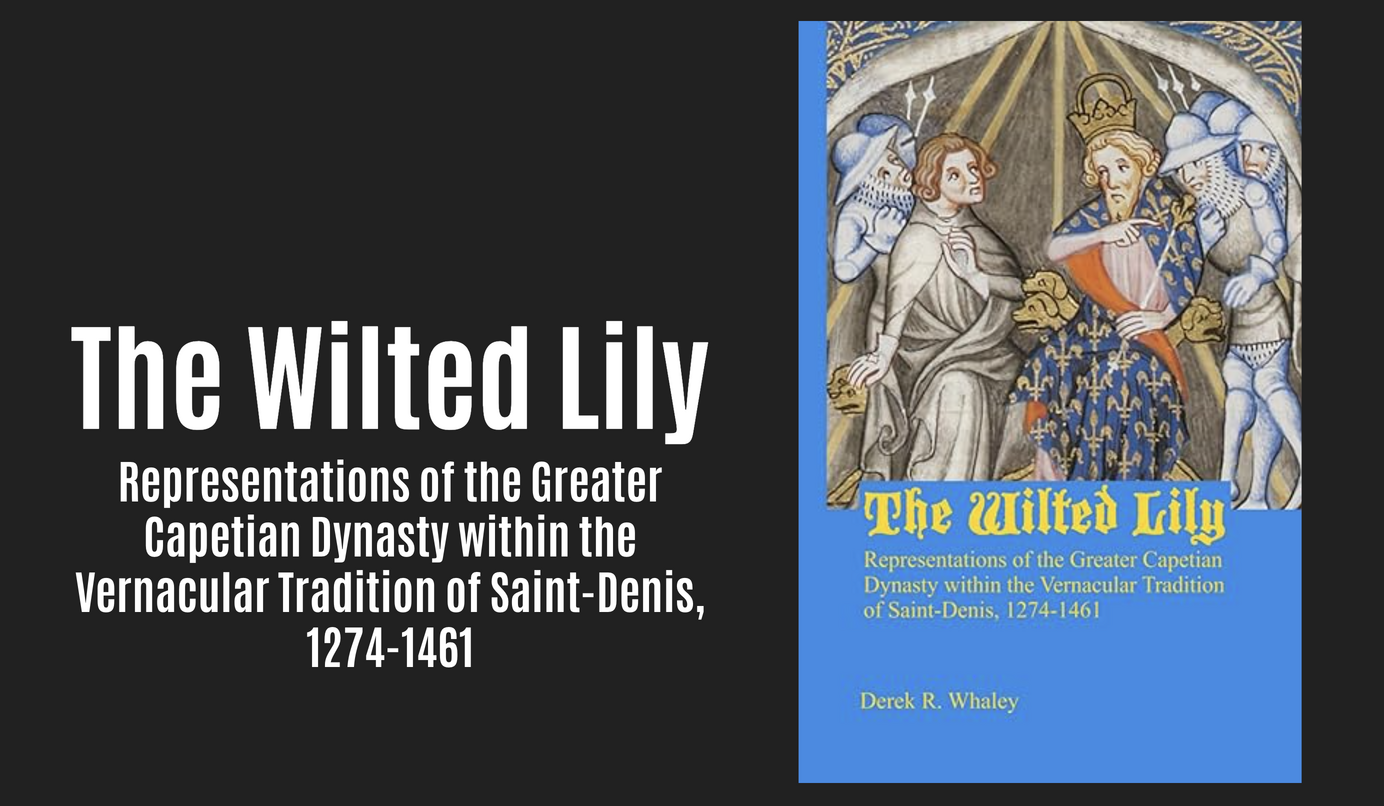
"The vernacular chronicles produced at Saint-Denis may appear on the surface as medieval prose histories, but they also functioned as instructional manuals on rulership - miroirs des princes - or at least such was Primat's desire. The first such chronicle was likely intended as a gift to Philippe III from his father, Louis IX, while the prince was still heir to the throne."
"Other chronicles from the same tradition also served as gifts and all continued to be infused with didactic messages and moral examples."
"Yet modern historians have not widely embraced this view. This study intends to restart the debate by analysing the portrayals and characterisations of Capetian cadets within a single series of continuations to Primat's chronicle to determine whether and what moral messages lie beneath the surface."
"This study will appeal to readers interested in French history and historiography, especially the relationship between chroniclers and kings."
Les Grandes Chroniques de France, a significant medieval historical record, reflects the ideals and lessons intended for French rulers. The chronicles produced at Saint-Denis are not mere histories but also instructional texts for rulership, illustrating the aspiration of chroniclers like Primat. These chronicles often served as royal gifts and contained didactic messages infused with moral examples. Despite their historical significance, modern historians have not widely recognized this perspective. The study aims to reinitiate the discourse on Capetian portrayals and the moral themes underlying these chronicles.
Read at Medievalists.net
Unable to calculate read time
Collection
[
|
...
]